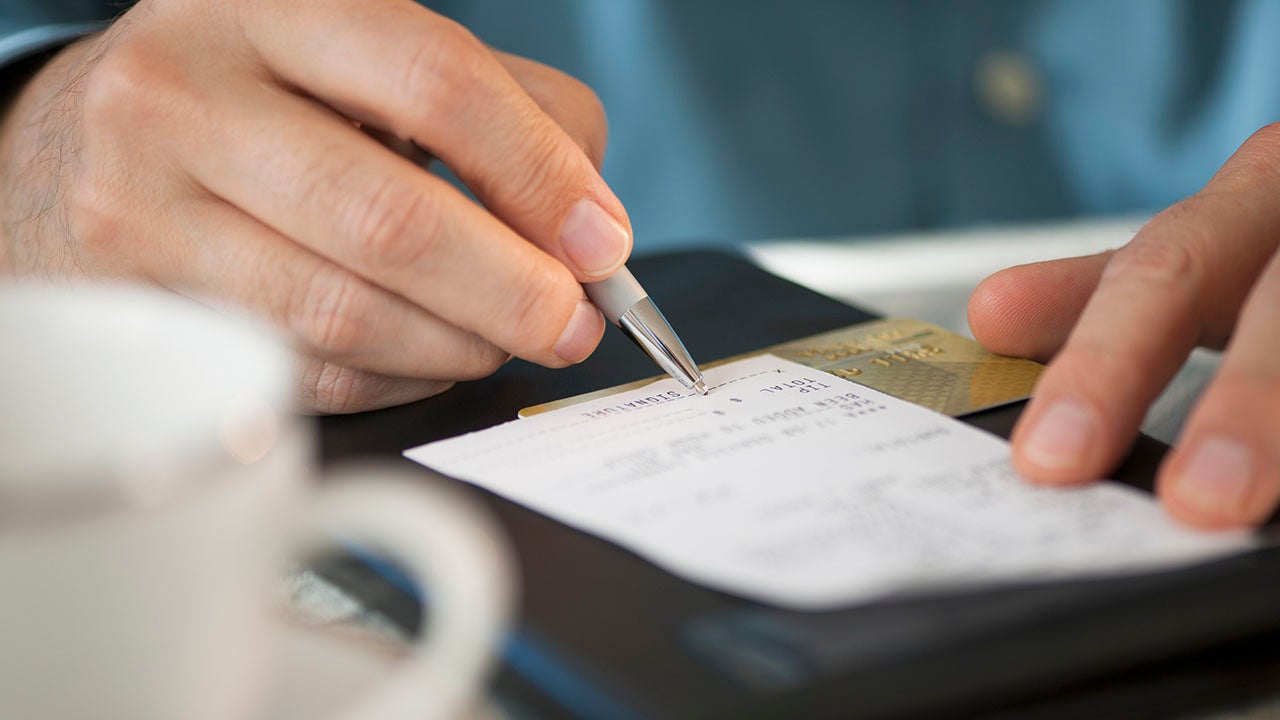How much is a secured credit card deposit?

Key takeaways
- Secured credit cards can be a viable solution for those who’ve had credit challenges and can’t get approved for an unsecured credit card.
- These cards require a cash deposit to get started, which is refundable when the account is closed or upgraded in good standing.
- Your specific deposit amount will depend upon your individual financial situation and the card you’re applying for.
- Security deposits are typically paid during the application process, meaning you have to save up the deposit amount before you apply.
If you’re attempting to build or rebuild your credit, getting approved for a traditional credit card may not be easy. Secured credit cards offer a workable alternative that lets you build credit when other card products and issuers don’t give you a chance.
How do these cards work? Secured credit cards are a type of credit card that requires a refundable cash deposit to get started. This reduces the risk to card issuers since they can keep the deposit if a customer fails to repay their balances. The minimum deposit for a secured credit card will vary by card, but you should expect to pay at least $49.
With secured credit cards, individuals with lower credit scores may have the opportunity to improve their credit while working on establishing stronger financial habits. Most secured credit cards are also available with $0 annual fees, which makes them even more valuable for credit building.
What is a security deposit for a credit card?
The word “secured” in secured credit cards means the cardholder must deposit a specific amount of money with the card issuer to open a credit card account.
The security deposit is used by the card issuer as collateral if a cardholder defaults on their credit card balance. The deposit is typically equal to the card’s credit limit, though this can vary. As a result, you can often increase your credit limit by paying a larger security deposit.
How much do secured credit card deposits cost?
Secured credit card deposit minimums typically start at around $200 (though there are cards that require lower deposits), and some maximum deposit limits can be as high as $5,000. How much you need to deposit will depend on your specific financial situation and the card you apply for.
The following is a list of a few of the top secured credit cards and their minimum and maximum deposits:
| Card | Minimum deposit | Maximum deposit |
| Discover it® Secured Credit Card | $200 | $2,500 |
| Capital One Platinum Secured Credit Card | $49, $99 or $200 | $1,000 |
| opensky® Secured Visa® Credit Card | $200 | $3,000 |
| Bank of America® Unlimited Cash Rewards Secured Credit Card* | $200 | $5,000 |
| Citi® Secured Mastercard®* | $200 | $2,500 |
| Capital One Quicksilver Secured Cash Rewards Credit Card | $200 | $1,000 to $3,000, based on creditworthiness |
How much should you put down for a secured credit card?
The amount you should deposit for your secured credit card depends on your finances. If you can only afford the minimum, then you should only deposit that amount. Many of the best secured credit cards allow cardholders to choose their deposit amount within a specific range. If you have the means, depositing a larger amount will give you access to a higher credit limit, making your card easier to manage.
For example, if you deposit $200 and spend $150 on a single trip to the grocery store, you will only have access to $50 until you pay your card balance. If you use the card regularly, you may have to make several credit card payments during the month to continue using the card. On the other hand, if you deposit a larger amount, you have more wiggle room.
There are also cases where smaller deposits may be best since they give you more control over your cash. If you need cash in case of an emergency, for example, it may be difficult to access the cash you used for the security deposit. You’ll likely have to cancel the card to get your money back and wait several weeks or months for a refund.
If you deposit a smaller amount, you won’t have the convenience of a larger credit limit — but you’ll have access to your cash to do things like build an emergency fund — and you’ll still be able to build your credit with the benefits of a secured card.
Best practices for using a secured credit card
Because you get the option to decide how much to put down on a secured credit card above the minimum amount required, it makes sense to have a strategy in mind. After all, your main goal with a secured credit card should be building credit for the future, with the idea of having a line of credit to borrow against as a secondary goal.
In order to build credit with a secured credit card as quickly and efficiently as possible, consider the following tips:
- Always pay your bill on time. The most important factor making up your credit score is your payment history, so you’ll want to make sure you pay your credit card bill early or on time each month, no matter what.
- Charge small, recurring bills you can easily cover with cash. Because secured credit cards don’t offer big credit limits right off the bat, you should use them for smaller bills you can easily pay off. Examples of bills to pay with a secured credit card include subscription services you pay for, your monthly phone bill and small utility bills.
- Put down a larger security deposit (if possible). This can help boost your credit score by keeping your credit utilization ratio (another factor that impacts credit scores) low. Most experts suggest keeping your use of credit below 30 percent of your available credit limits for the best results, so a larger deposit will give you more breathing room to carry a small balance without harming your credit.
- Pay your credit card bill several times per month. Regardless of how much you put down as collateral that becomes your credit limit, you can help keep your utilization in check by paying off your new charges regularly (e.g. once per week) instead of once per billing period when your statement comes due.
When do you pay a secured credit card deposit?
When you apply for a secured credit card, you need to provide personal information such as your full name, date of birth, address, Social Security number, employment information and income. Then, you will need to select how high you want your credit limit to be.
Once you establish what your deposit amount is, you will then be prompted to pay the deposit online with a debit card or bank account. Because you are paying the deposit during the application process, you have a solid chance of being approved right away.
Can you get your security deposit back?
Security deposits on secured credit cards are refundable, but when exactly do you get them back? That really depends on the card you have, how you use it and what happens with your account over time.
In some cases, you can get your funds back without closing the account by upgrading your secured credit card to an unsecured card, at which time the deposit will be returned to you. In any other case, you’ll have to pay off your balance and close your secured credit card account in order to get your deposit back.
While timing can vary across issuers, there are secured credit cards that advertise a timeline for getting your security deposit. For example, with the Discover it® Secured Credit Card, you can get your deposit back after “six consecutive on-time payments and six months of good status on all your credit accounts.” If you simply pay off your balance, close your card and ask for your deposit back. On the other hand, it can take up to two billing cycles plus ten days to get a refund.
Even if you aren’t necessarily using your secured credit card, it is always a good idea to keep the account open in order to keep your credit utilization in good standing. Closing a credit card can actually hurt your credit score because you are increasing your credit utilization ratio by reducing the total amount of credit available to you.
If you definitely aren’t interested in holding on to your secured credit card, consider transitioning to an unsecured credit card with the same issuer. As mentioned previously, some issuers will automatically offer you an upgrade after you’ve made consistent on-time payments on your secured card. Others will wait for you to request an upgrade.
The bottom line
A secured credit card is one way to invest in your financial future, no matter how much you use for a deposit. Although saving for the deposit needed for a secured card can be difficult, building your savings is certainly not impossible, and it’s definitely worth it. Ultimately, obtaining a secured card is one of the smartest ways to build your credit with the least amount of risk involved.
*Information about the Bank of America® Unlimited Cash Rewards Secured Credit Card and Citi® Secured Mastercard® has been collected independently by Bankrate.com. The card details have not been reviewed or approved by the card issuer.
The Bank of America content in this post was last updated on April 1, 2025.
Why we ask for feedback Your feedback helps us improve our content and services. It takes less than a minute to complete.
Your responses are anonymous and will only be used for improving our website.
You may also like

Can you get a secured credit card with no bank account?

Best cards with no credit check




